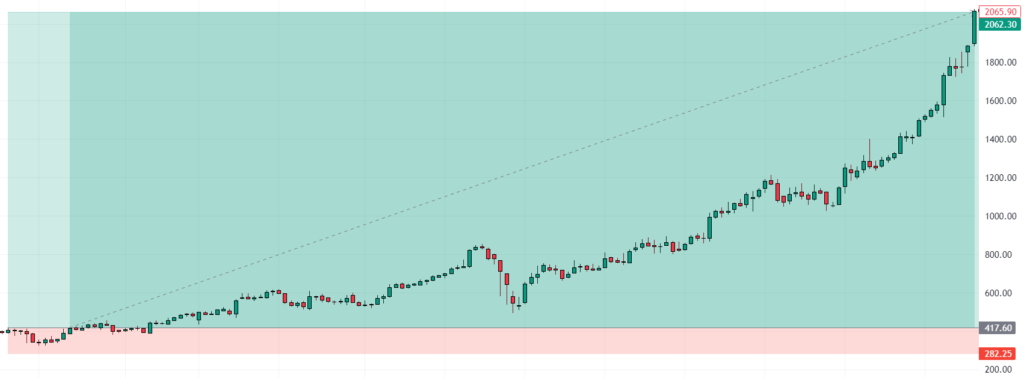
Trading in financial markets, whether it’s stocks, forex, or cryptocurrencies, can be exhilarating and rewarding, but it’s also inherently risky. To navigate these turbulent waters successfully, traders need a roadmap, a clear strategy that guides their decisions. This is where a trading plan comes into play. In this blog, we’ll delve into the importance of having a trading plan and why it’s an essential tool for traders.
- Risk Management

One of the primary reasons a trading plan is crucial is its role in risk management. Without a plan, traders may be driven by emotions and impulsive decisions, which can lead to substantial losses. A well-structured trading plan sets limits on how much you’re willing to risk on each trade, helping to protect your capital. It outlines your risk-reward ratio, stop-loss levels, and position sizing, ensuring that you don’t over-leverage or put too much capital at risk in a single trade.
- Discipline

Trading can be an emotional rollercoaster, with the temptation to chase profits or panic during losses. A trading plan acts as a stabilizing force, keeping emotions in check. It enforces discipline by providing a predefined set of rules to follow. Following your plan consistently helps you avoid emotional decisions, like revenge trading or abandoning a profitable strategy too soon.
- Consistency

Consistency is the key to long-term trading success. A trading plan helps you adhere to a consistent approach in the face of ever-changing market conditions. By specifying your entry and exit criteria, indicators, and strategies, you can replicate your successful trades and avoid deviating from your proven methods. This consistency is what allows traders to develop expertise and refine their skills over time.
- Goal Setting

A well-crafted trading plan also involves setting clear and achievable goals. These goals can relate to profit targets, risk tolerance, or the number of trades you aim to execute in a given period. Establishing goals not only provides motivation but also enables traders to track their progress and measure their success against predefined benchmarks.
- Risk/Reward Assessment

A trading plan forces traders to think critically about the risk-to-reward ratio of their trades. It helps you identify whether the potential reward justifies the risk. By adhering to your plan, you’ll only take trades that meet your predetermined criteria for favorable risk-to-reward ratios, which can improve your overall profitability.
- Learning and Adaptation

Markets are constantly evolving, and what works today may not work tomorrow. A trading plan isn’t static; it should be a living document that evolves as you gain experience and market conditions change. Documenting your trades and analyzing their outcomes is an essential part of any trading plan. This enables you to learn from your successes and mistakes, leading to continuous improvement and adaptation.
- Emotional Control

Emotions can be a trader’s worst enemy. A trading plan helps mitigate the impact of emotions by providing clear, rational guidelines for decision-making. When you’re faced with uncertainty or stress, you can fall back on your plan’s principles, reducing impulsive behavior and emotional distress.
Conclusion
In the world of trading, where fortunes can be made or lost in a matter of seconds, having a trading plan is not just a good idea; it’s essential for success. It serves as a guardrail against potential financial disasters and helps traders navigate the unpredictable seas of the market with confidence and discipline. A well-structured trading plan can be the difference between a consistently profitable trader and one who struggles to stay afloat. So, if you’re aspiring to be a successful trader, take the time to develop and adhere to a solid trading plan—it’s your compass to financial success.





